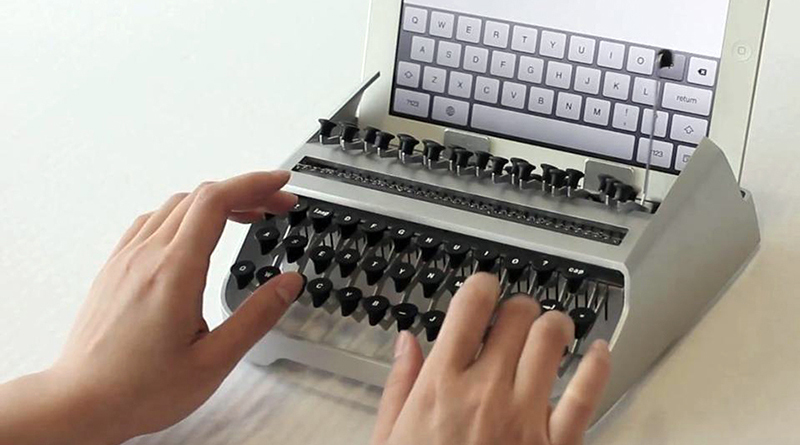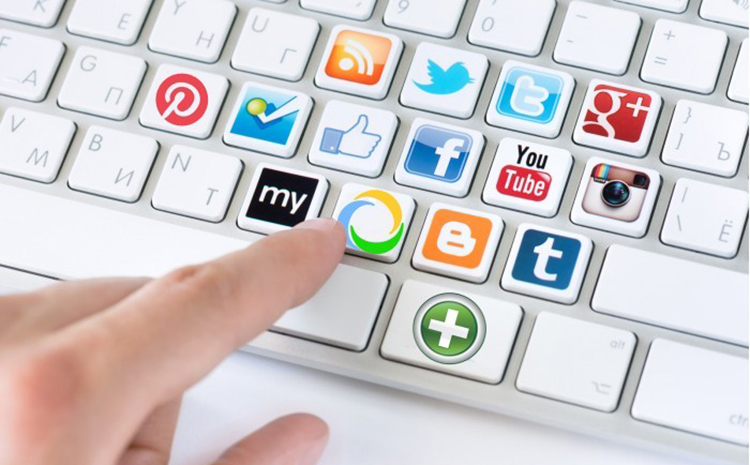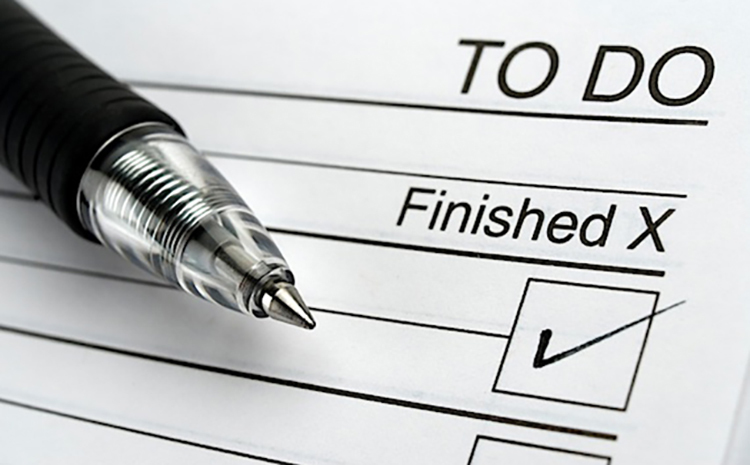Time is money, or Important things every freelancer should know

Perhaps, I'll start with a few sad facts about freelancing. Unfortunately, most of the novice freelancers tend at first not to think about the negative aspects of this type of activity. Depending on the nature of your work and skill in finding new customers and partners, the list of unpleasant features may change. This may be a trivial lack of confidence in the future, lack of stability, the need to “shoot back” on several fronts (the list of responsibilities of each freelancer includes people search, promotion of their business, correspondence, etc.), as well as dishonest customers and partners. By the way, be very careful with freelancing exchanges - even large players on the market can turn out to be typical rogues, a vivid example of which is Australian order search service freelancer.com (Do not believe? Google knows everything).
But for many, the most basic difficulty of freelancing is its most trivial aspect - the need to plan one’s own time. I hope that these few simple rules, formed both on the experience of other “experienced” freelancers and on my own, will help you work less and more efficiently. So, I present to you useful habits in your work:
First habit: Stop checking mail before dawn!
You yourself know perfectly well that what your morning was like affects productivity throughout the working day. Surely you have noticed many times: if you had a chance to get up “on the wrong foot” (which includes many factors), then you are charged with energy for the whole day, and the desire to move mountains, as a rule, comes as a bonus.
')

But what do we do in the morning? The overwhelming majority of us, just opening our eyes, first of all begin to check read. This is the scourge of the information age, which impressed almost all of the following modern technology of humanity. Without even noticing, we spend the most productive morning hours writing answers to our customers, partners, potential customers, friends, etc. Checking email can entail viewing news feeds, reading articles and blogs, and also “hanging on” in social networks. networks.
And what do we have in the end? If you planned to do something “early in the morning” even in the evening, then this certainly will not work, but worst of all, you are wasting precious time that you had to devote to your projects for the benefit of productive work. And everything else you risk to earn another unpleasant bonus: if you happen to get negative when checking your own mail or reading something on the Internet, then it is likely that you will carry this attitude through all your day or most of it. So stop checking emails just waking up!
Second habit: Do all the most important things in the morning.
Business before pleasure. And it is better to deal with affairs as early as possible, then there will be more time for fun. As a rule, in the morning your will power and discipline are much stronger than at other times of the day. Therefore, it makes sense to work on all the most important projects for you in the morning. Give them an hour or two of "inviolable" time. Do not forget to inform your customers and partners that you are unavailable during these hours, and stick to this schedule: first of all you work on the main tasks and then take on everything else. Of course, you can try to make time for it during the working day, say, after lunch, but then there is much more chance that by this time you will have a lot of urgent tasks that will not let you do what is really important. In addition, your concentration and performance will be much lower than in the morning.
It would still be good to do the most laborious and nasty work in the morning. If there is something you don’t want to take at all - hold your heart together and take it first. As they say English-speaking mothers, with a light hand alter the standard motto GTD, get the shit done! This tactic will allow you to work with a light heart for the rest of the day without worrying about the unpleasant task that is hovering over you and preparing for an attack.
Third habit: Do not sit constantly in the mail and social media
Let's think about how often we check mail during the working day. Yes, constantly! Now and then we open Gmail or worse - we don’t close it in principle. This constantly distracts our attention from work and negatively affects productivity. In addition, frequent checking mail contributes to increased stress levels. Social media is generally one of the best ways to kill time (productive time!) When it is not needed at all.

If you do not want to earn stress out of the blue and advocate for increasing the efficiency of your work, try the following: set a schedule for checking emails and messages from social networks (if the latter are related to your work). Do not forget to take the time to write answers. And if you have a few minutes left, then consider it a nice bonus. Believe me, even such a trifle as knowing that you coped with your task a little earlier can bring you a sense of satisfaction and have a beneficial effect on your subsequent work.
The frequency of checking mail is an individual matter. Think of your customers and partners. What is the waiting time for them acceptable? What time waiting does not harm your reputation? If this is, for example, two hours, then with the eight-hour work schedule you should go into the mail no more than 2-3 times a day (do not forget about the "inviolable" morning time). Agree, this is probably significantly different from what you are doing today. In addition, having received a pile of messages, you will deal with them faster than with each one alone - this is also a good saving of effort and time.
The fourth habit: Do not rely on willpower - use special applications and services
Use apps that won't let you check your email and social media while you work. For Firefox users, this may be, for example, LeechBlock, for Chrome - StayFocusd. Lovers of apple products in this case will help the program with the speaker called SelfControl. All such applications are easy to use: they block your chosen sites for set periods of time, preventing your unconscious procrastination and loss of concentration.
Google Calendar, Fantastical or other calendar services can help you with building a schedule. If you have problems with motivation and achievement of goals, the SmaptProgress service will help not only to identify the main priorities, but also to achieve the desired result in an unusual, somewhat playful way.

Utilities for organizing breaks during work hours (I, for example, use Workrave) will brighten up your work with pop-up windows, screen locking, and opposing sounds if you do not follow the rest schedule.
Fifth habit: Plan your time off during the day
One of the main advantages of freelancing is the ability to combine leisure and work. But this must be done with the mind. Each of us has our usual rhythm of rest and work. And it is not necessary that he bring us to the good. If, for example, a person is accustomed, without raising his head, to work for ten hours in a row (even if he is working on a favorite project), then sooner or later it will affect his health, and no drive here will help.
Therefore, take small breaks every hour - this will help you with special programs that, according to the schedule you set, will block the screen of your monitor in due time. For me, the best thing for a good productive work is a change of scenery. But if you do not have the opportunity to go to work in your favorite coffee house (as, in general, and I have now), then you can go for a short walk - the fresh air works wonders with our little heads.

Famous writer JK Rowling also likes to change her work environment. The result is obvious!
And here we may face another problem - rest and work become so mixed up that in the evening we simply do not have free time, because the breaks were too long and frequent. So we create a stressful situation for ourselves that could easily have been avoided. Here is the time to return for a second to the previous point - do not rely on willpower and other wonderful qualities. Make a schedule and stick to it, use applications that will make your life easier.
And remember, if you are distracted while working, this can not be called rest - at least, our body and brain are not able to perceive something similar in this way. Therefore, you should not give up the next break just because you were suddenly again torn away from the project (demons!).
Sixth habit: Move more
I remember my mother always called me a calm child, but I still cannot sit in one place for more than half an hour. From such a “long” stay in one position, not only does boredom begin to overpower me, but also the “body song” persistently urges me to run away from the computer. Feet just shout: "Let's dance!"
Therefore, I have in my sleeve in store a few not trumps, but tricks that allow me to fight this scourge. First, it is an orbitrek (elliptical trainer) in the corner of my office, which is always ready to help. By the way, if you study foreign languages or go through some video courses, then you can combine your runs with video or audio lessons. Another trick - I often work standing up. Since I haven’t yet acquired a special table for working, I had to come up with a less cumbersome economy option: a small table from IKEA saves the day. I put it on top of the desktop, then put the laptop. Voila! Cheap and angry, but it works. Thirdly, as an alternative to the chair, you can use balls for fitness - you yourself will not notice how your posture will improve, you will be less tired. In addition, they cheer up - on such a ball you can always poopudit-jump.
Movement is life (everyone knows about it). But we must not forget that due to physical activity, the pulse speeds up and the blood is better distributed throughout the body - by supplying blood to the brain, we supply it with oxygen. So, if you are exhausted, try to play with the ball for a couple of minutes, run, squat. In general, along with mental activity, do not forget to work with your feet - your brains will be grateful.
The Seventh Habit: Plan Tasks, Not Time
Studies conducted a century ago, helped Henry Ford to derive a golden formula, according to which a person should work no more than 40 hours a week. And you are no exception! Paradoxically, but if you increase the working time per week by one and a half times, this will not work for you in the long run. After a couple of months, your productivity will fall by more than half. So what's the sacrifice, I ask you? Therefore, plan your work so that it does not go beyond 40 hours a week. This is the first thing to remember.
Secondly, try not to be guided by the approach “I need to work 8 hours from 7 to 15,” and say to yourself: “I need to accomplish the following tasks today, and as soon as possible.” This formulation of the question will help you avoid procrastination. In addition, the work can swell in size, taking exactly as much time as you devote to it. So it is better to plan the sequence of tasks, not allocating each for a specific period of time. Let you be motivated by the fact that as a reward for your quick work, you will get extra hours of rest in the evening.

All this should help you not only work more productively, but also to rest effectively. Try to follow these rules at least a week and write in the comments about your success. Believe me, no matter how banal these ideas are, they can greatly assist you on the road to success. Good luck!
Source: https://habr.com/ru/post/294936/
All Articles